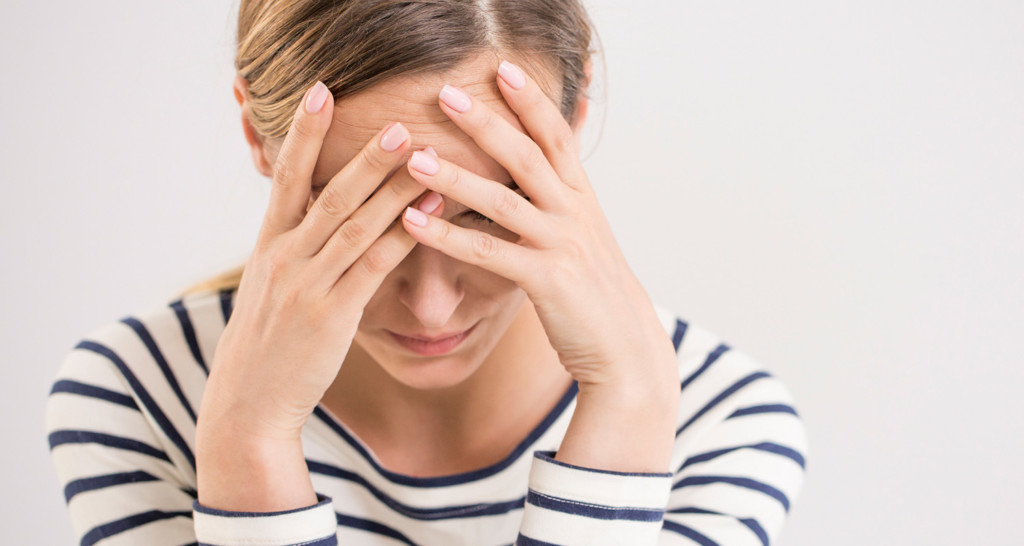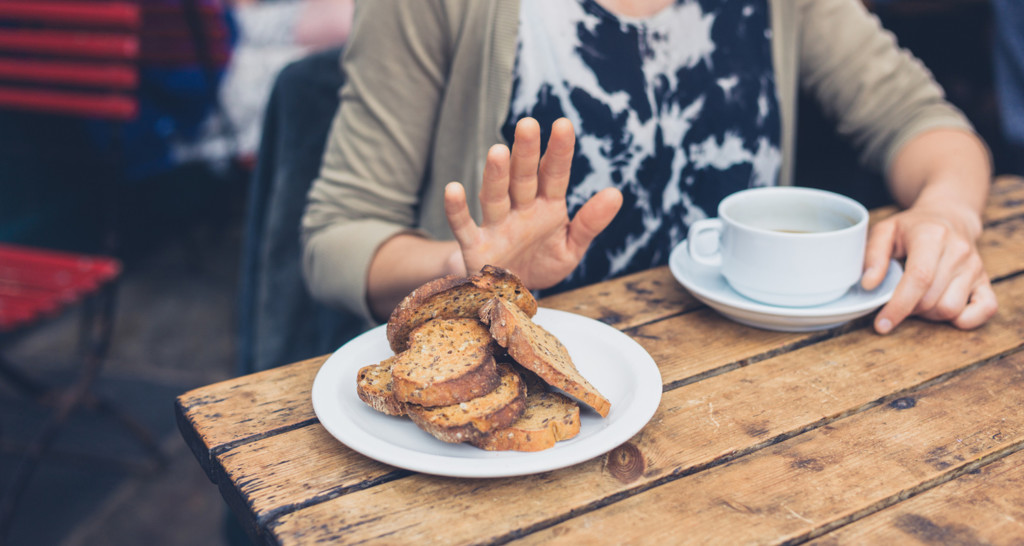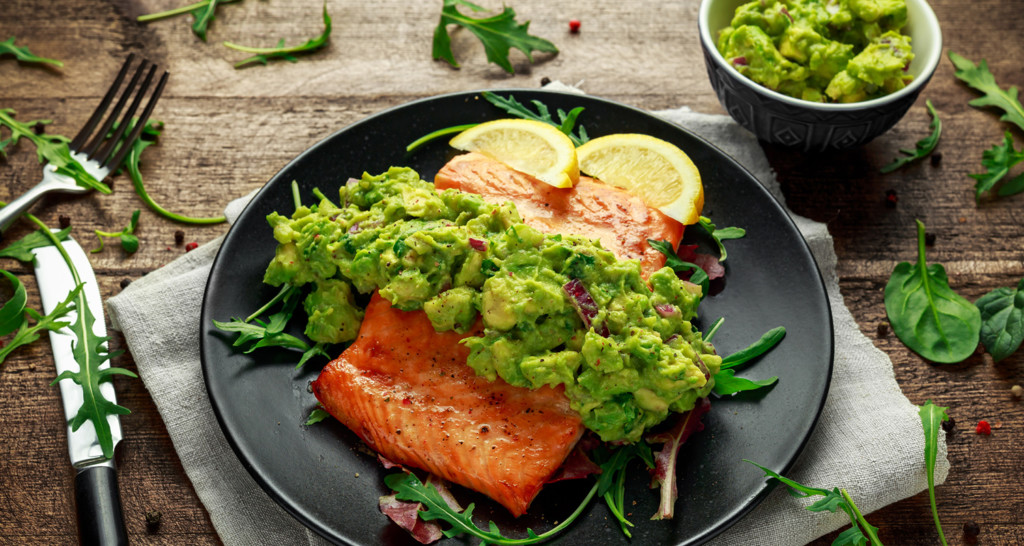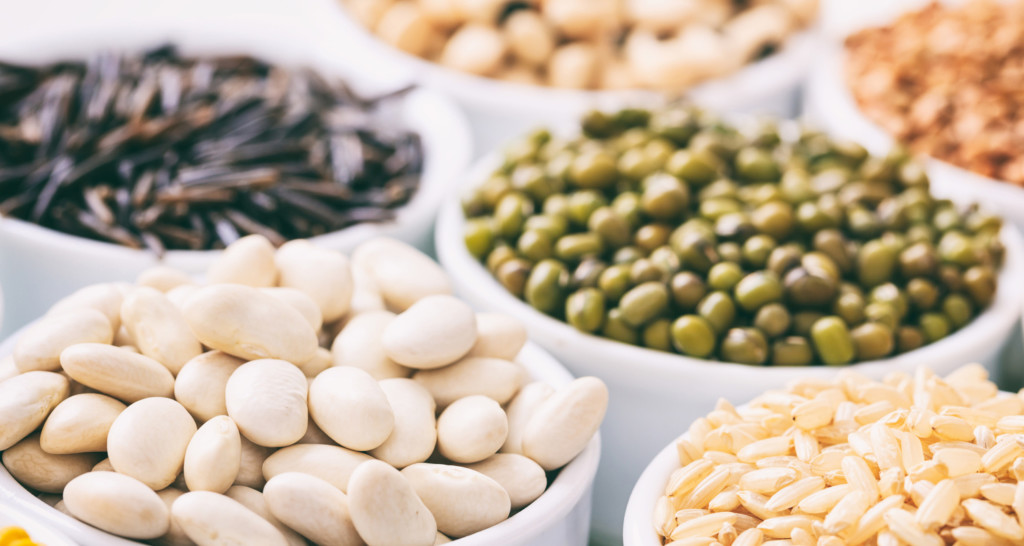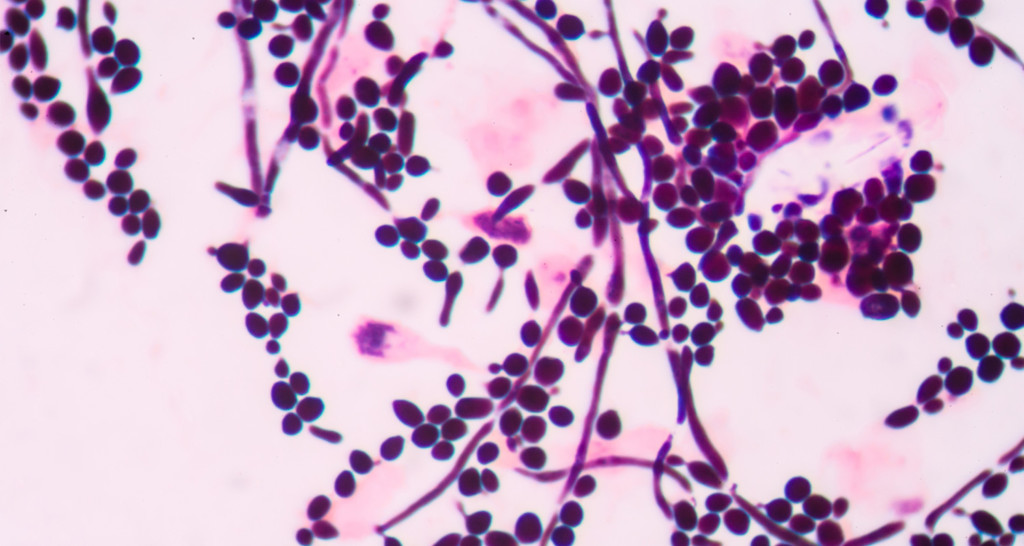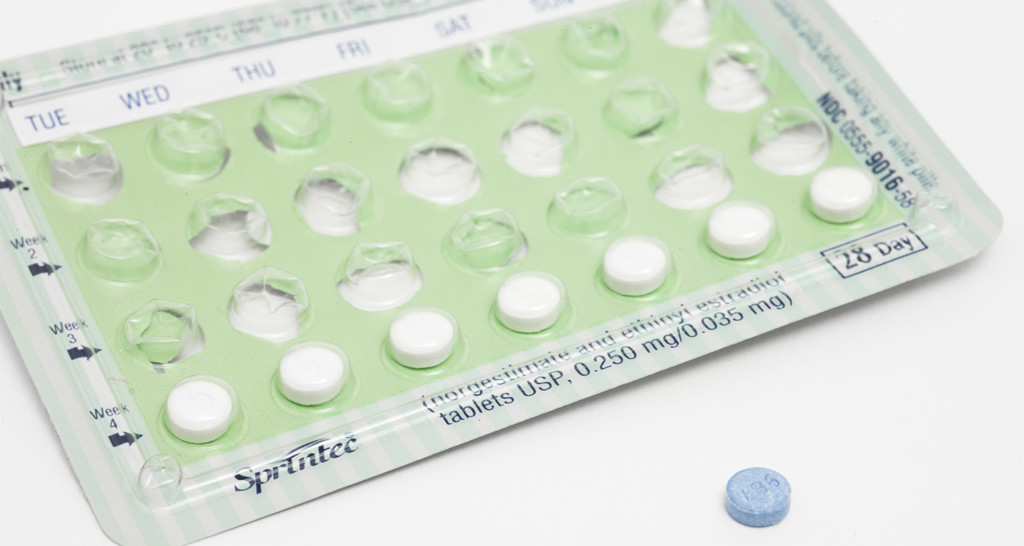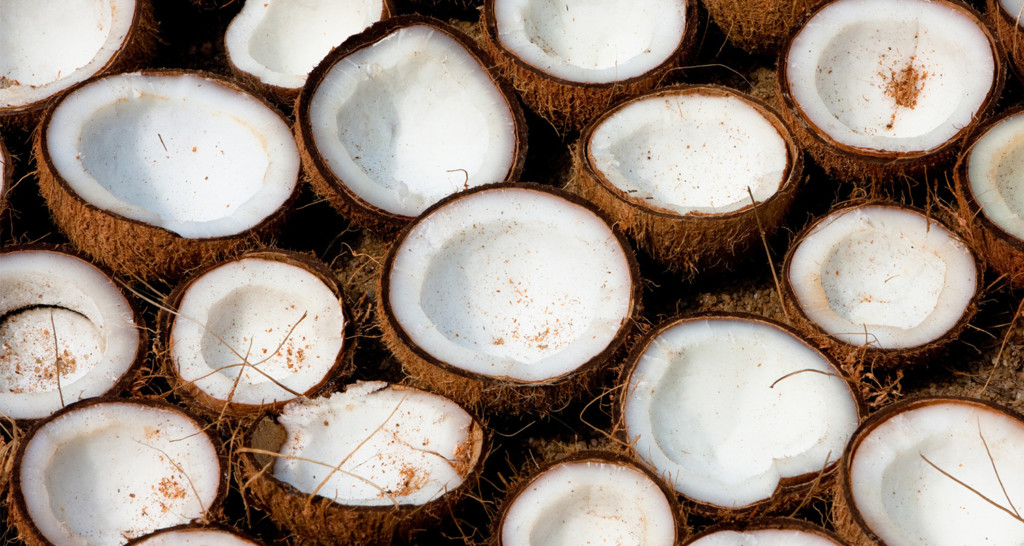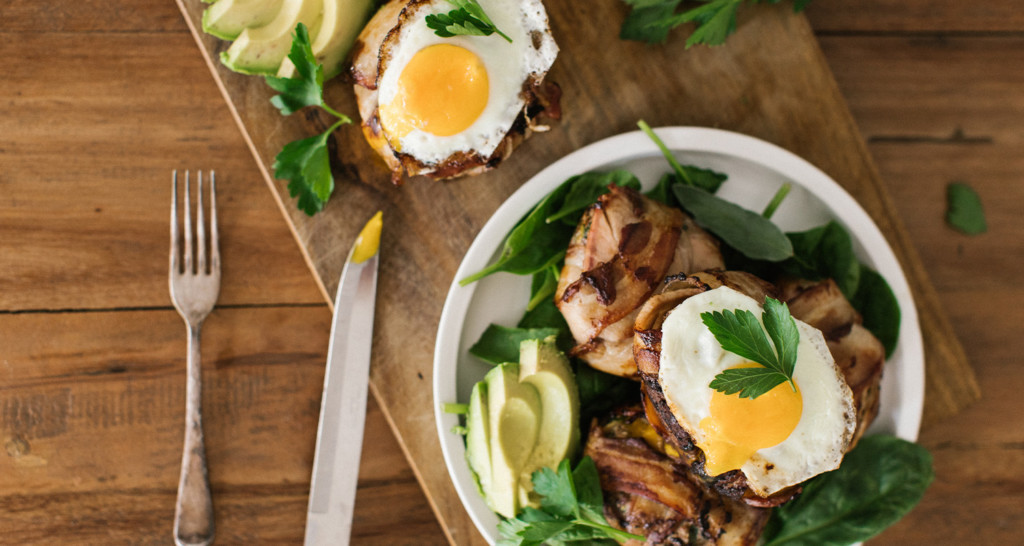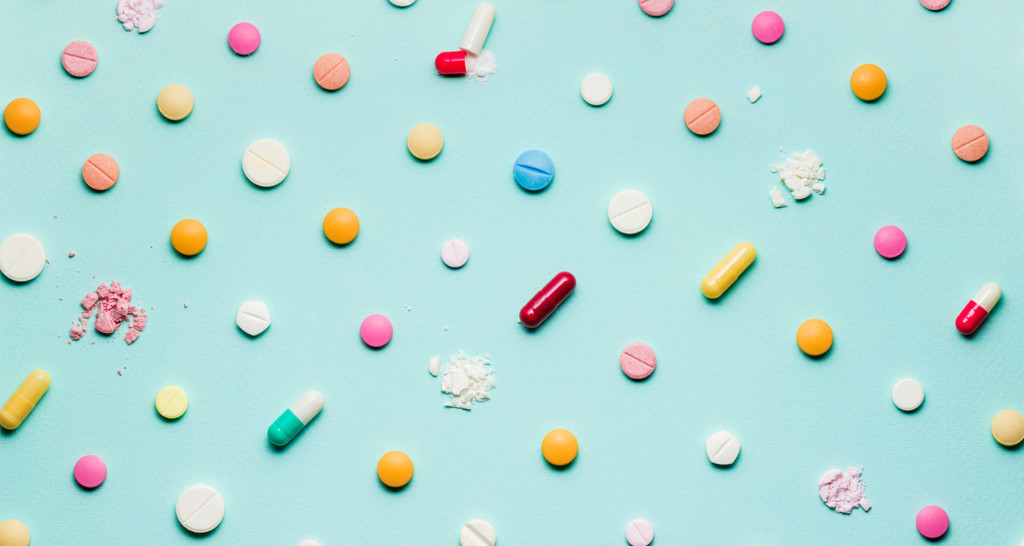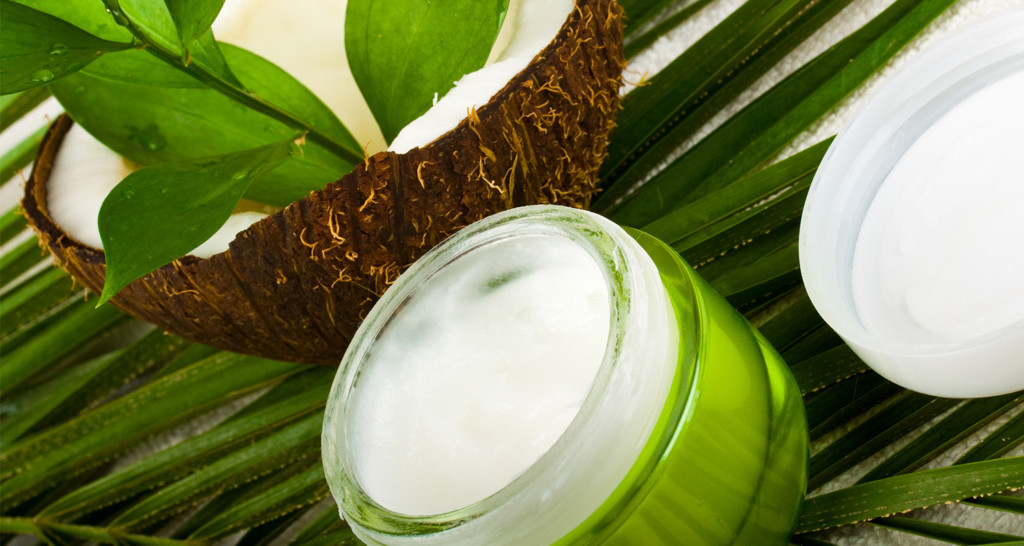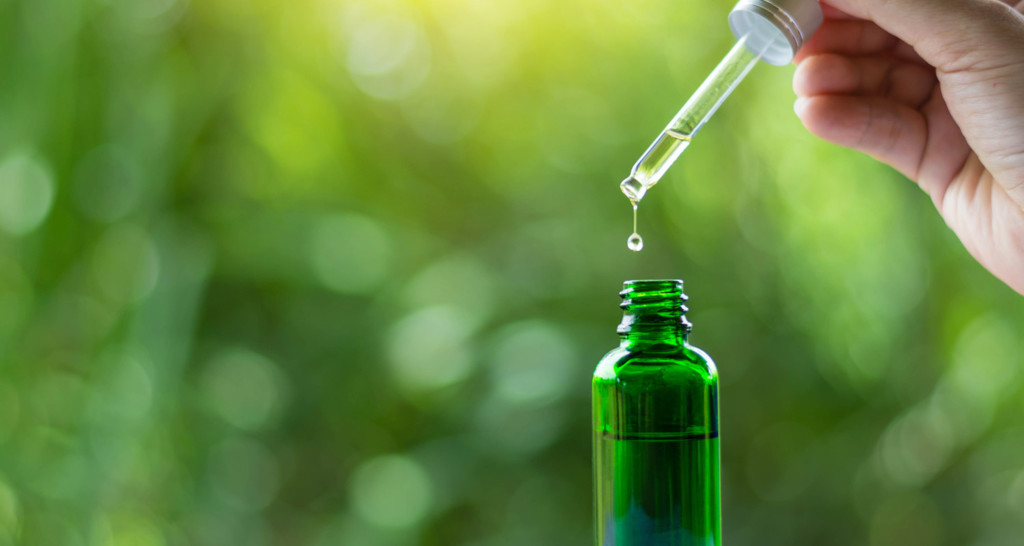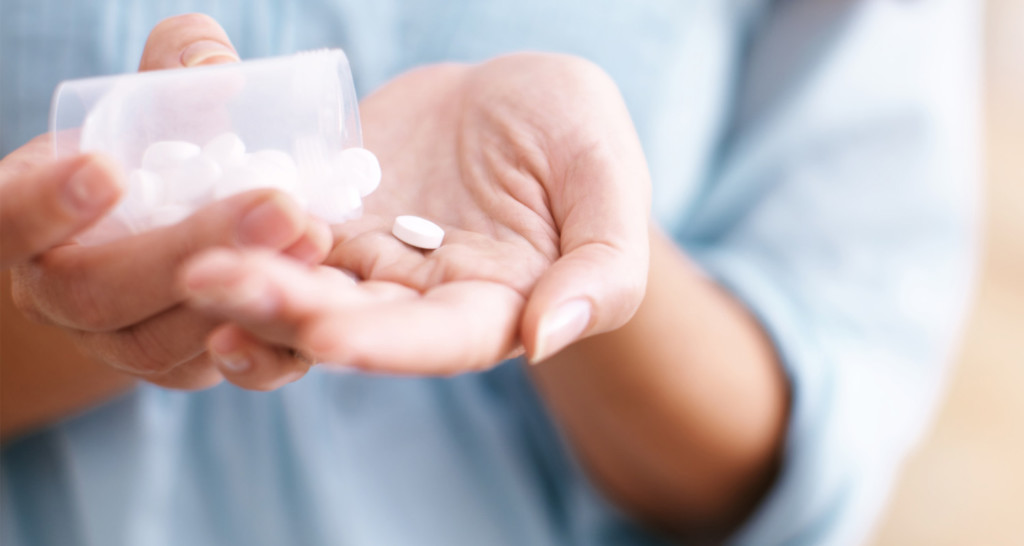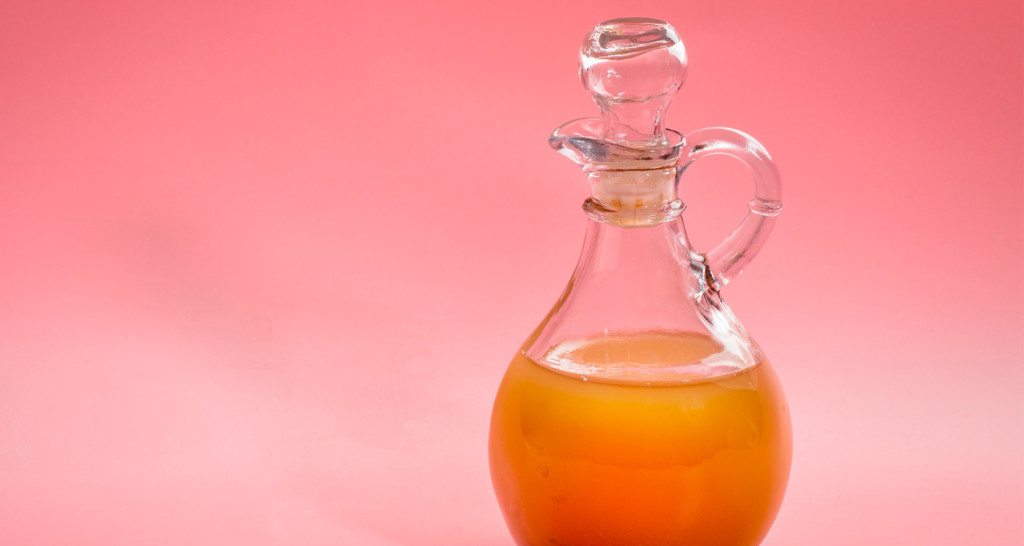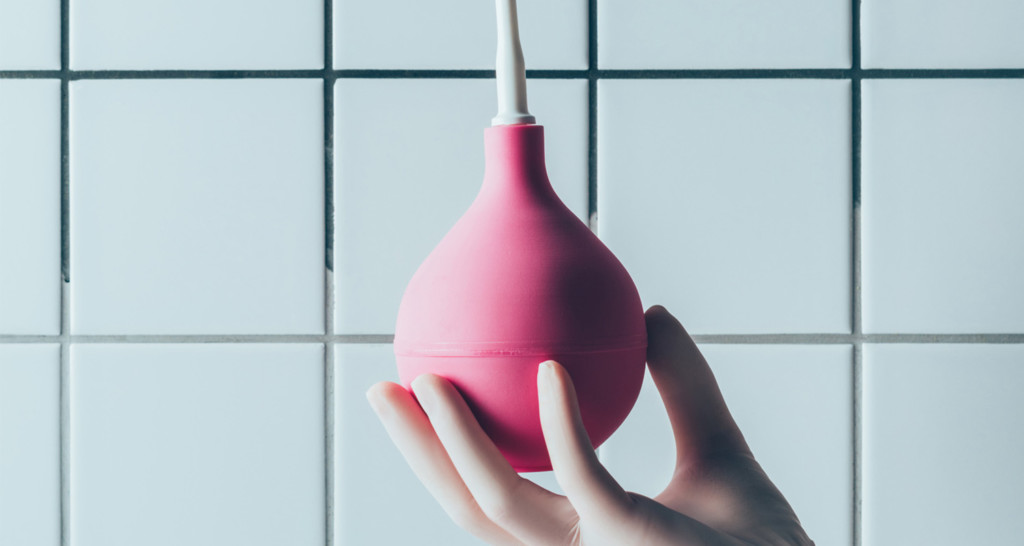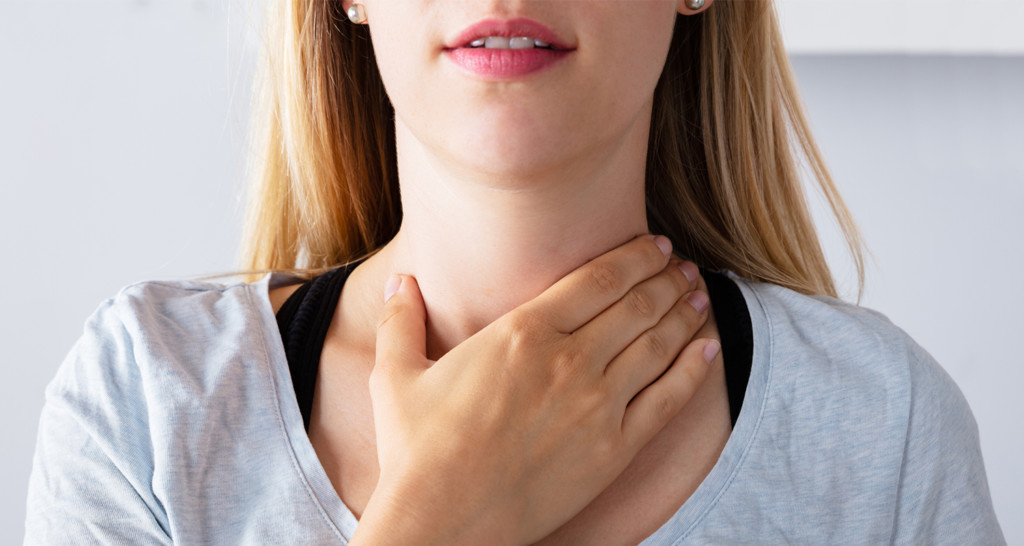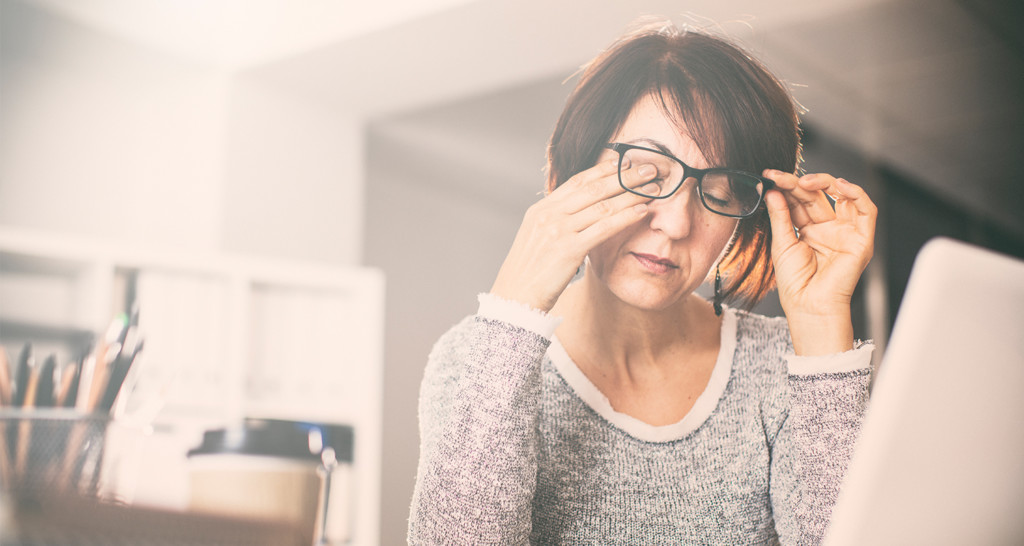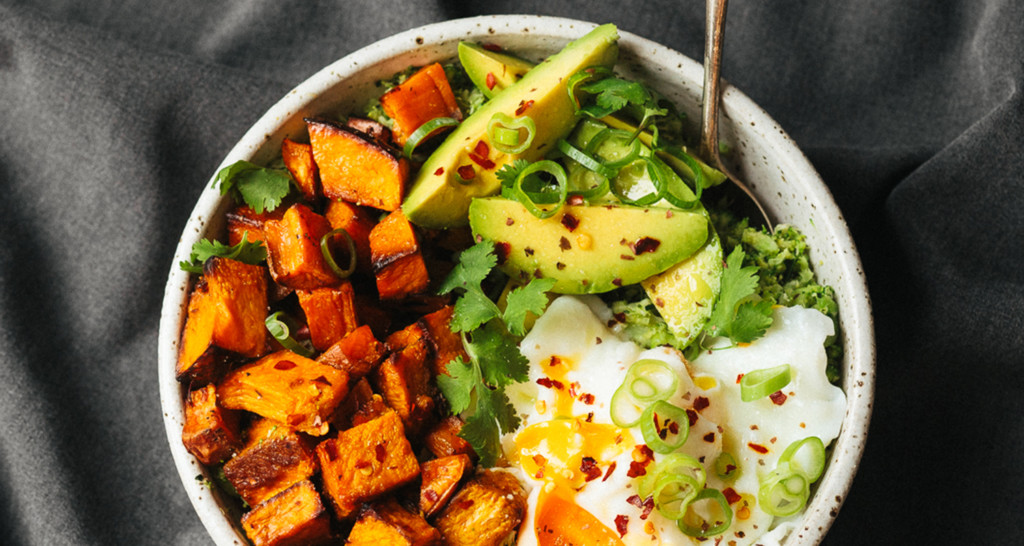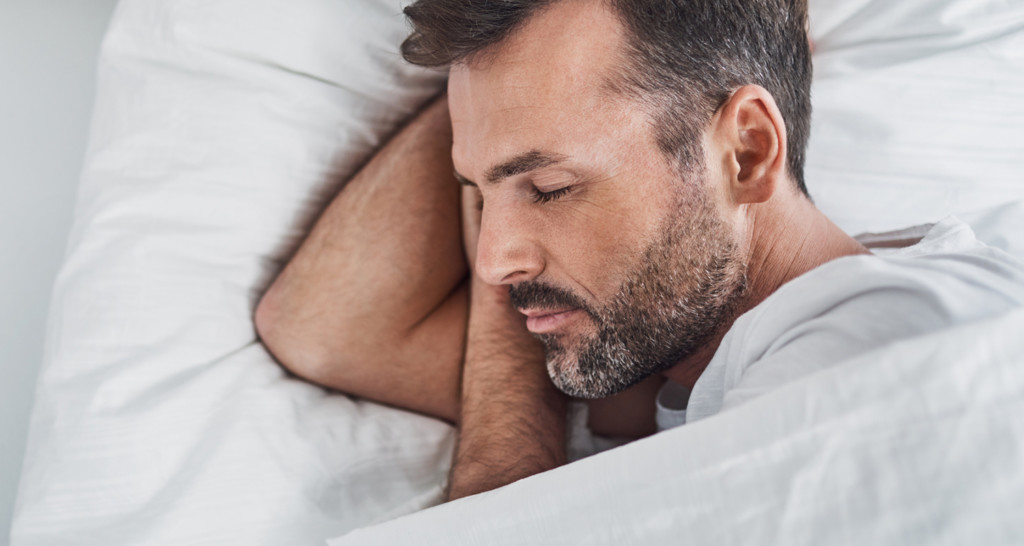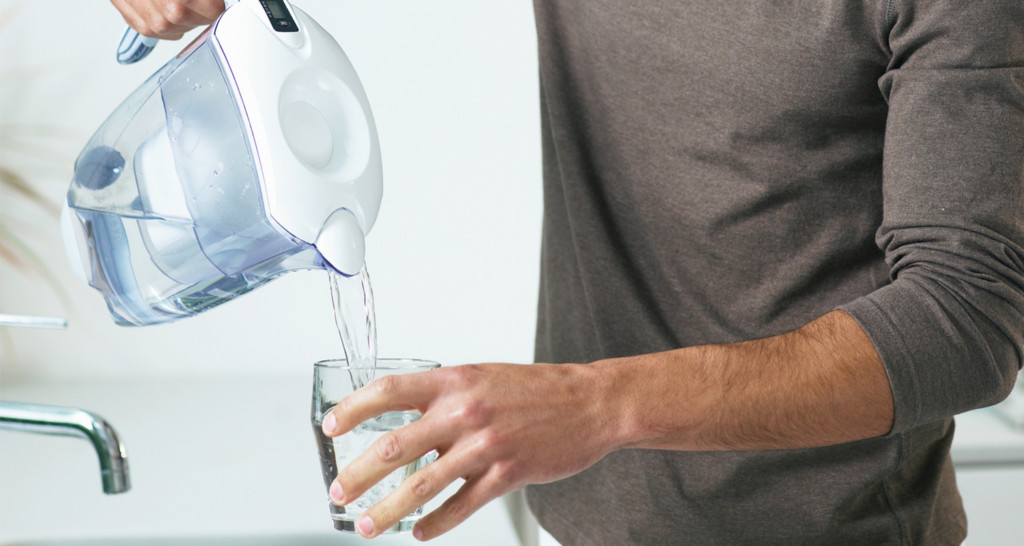Whether you cook for superstar athletes or your own family, the way you eat can make or break your performance. With the right tools and techniques, though, your kitchen can help you go for gold at the dinner table and beyond.
We asked Allen Tran, dietitian and chef for the U.S. Ski & Snowboard teams, for his top nutrition and diet tips for amateurs and experts alike. Plus, how you can use food to fuel your goals.
1. New in the kitchen? Master the basics
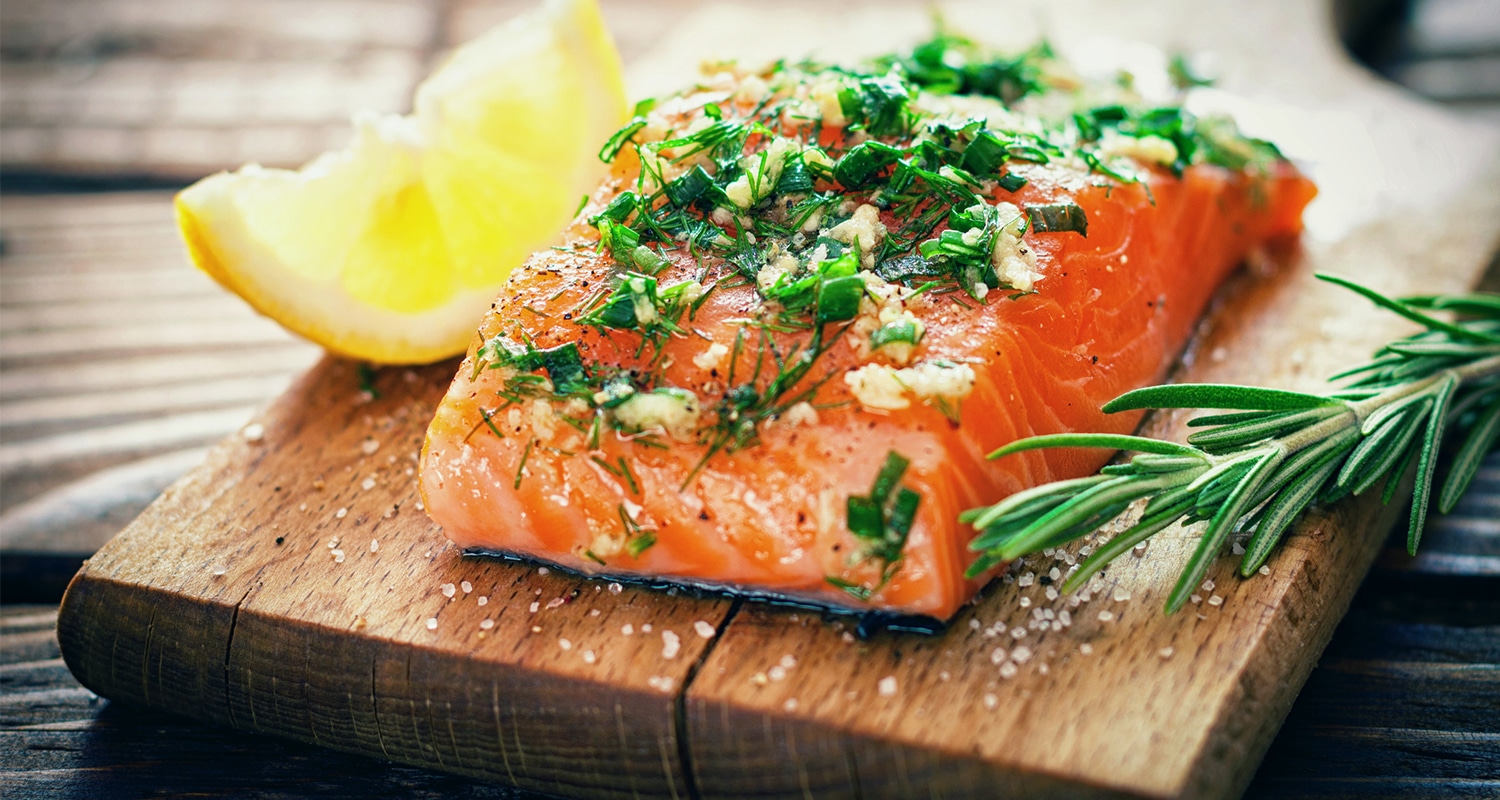
If you’re new to healthy cooking, take it slow. “Pick three different meals in three different styles of cuisine, and master them,” Tran says. “I usually recommend one Italian dish, one Asian or Mexican dish, and one American dish and just cooking those over and over again until it becomes second nature.”
Try simple dishes like spaghetti squash with meat sauce, slow cooker Mexican beef, or easy baked salmon to get comfortable in the kitchen.
2. Go for freshness — but stock up on essentials, too

“A lot of what I do on the road revolves around cooking with local ingredients, knowing what’s fresh, high-quality and in-season at the market, and building my menu around that,” Tran says.
Choosing high-quality food not only reduces your exposure to toxins like mold — it also just tastes better, too.
If you eat on the road like Chef Tran, come prepared. “If I have a specific dish in mind, I also need to bring from home ingredients I can’t find locally,” he says. “Our athletes love hot sauce, so I often need to bring a couple kinds with me to places that don’t traditionally eat spicy foods, like Russia or Austria.”
3. Let your favorite foods inspire you
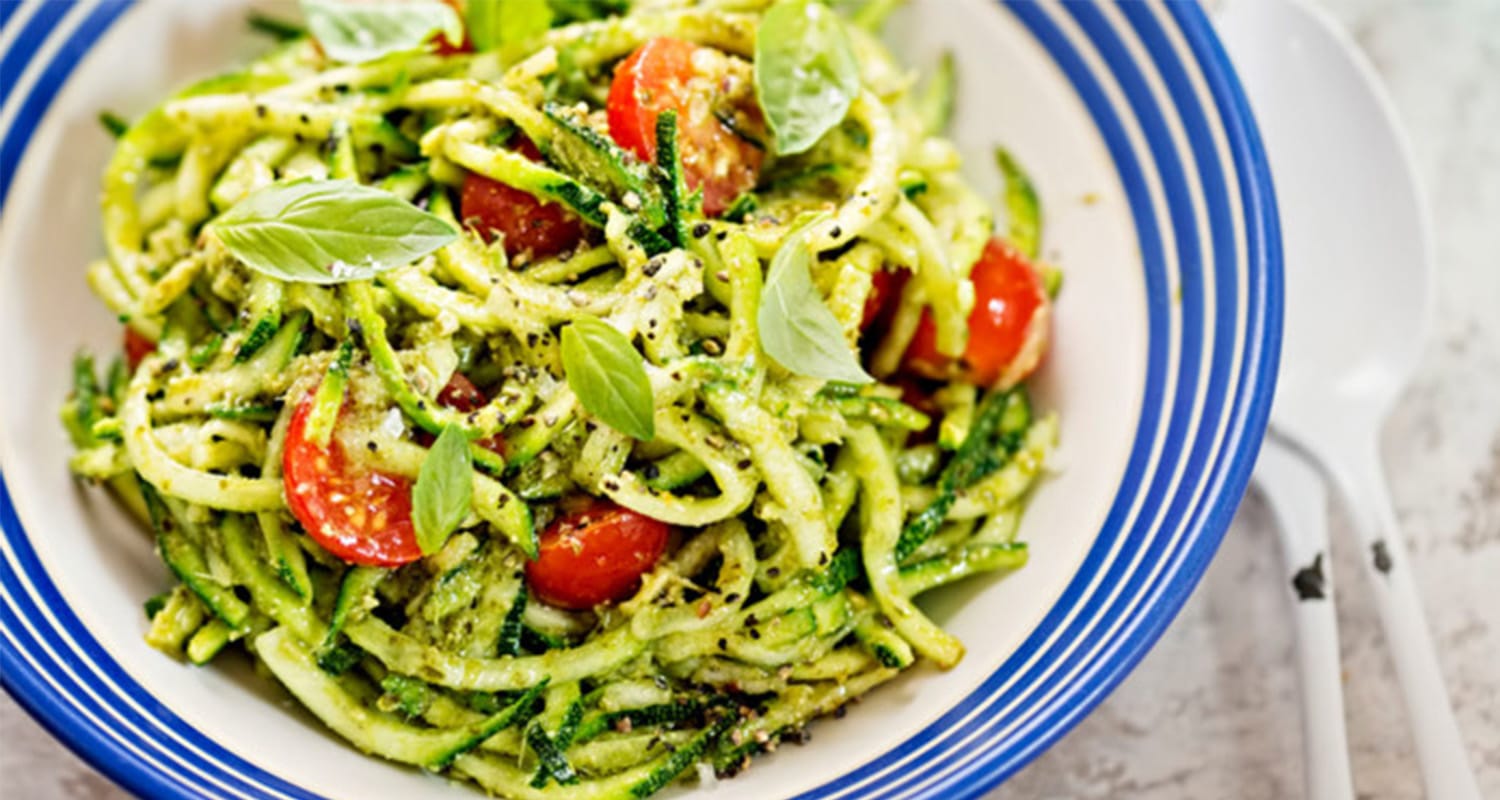
You don’t have to live on salads or sacrifice dessert to ramp up your performance — just take a different approach to your favorite dishes, says Tran.
“I like to take comfort foods and foods that people typically crave and adapt them into healthy dishes,” he says. “It’s a great way to satisfy a craving without compromising your health or performance goals.” Translation: With the right ingredients, you can still enjoy everything from pasta to cookies without running your diet off the rails.
4. Sharpen your skills with the right tools
Save time (and a trip to the ER) and stock your kitchen with the right utensils — especially sharpened knives.
“Having a sharp knife is necessary for nearly every meal and makes your life a lot easier when you’re prepping vegetables and meats,” says Tran. “It takes less effort to cut with a sharp knife, and you can trust that it will cut where you want instead of slipping around.” Another tip? “Put a wet paper towel under your cutting board to keep it from slipping around. It can save you a lot of time.”
5. Prep food like a professional
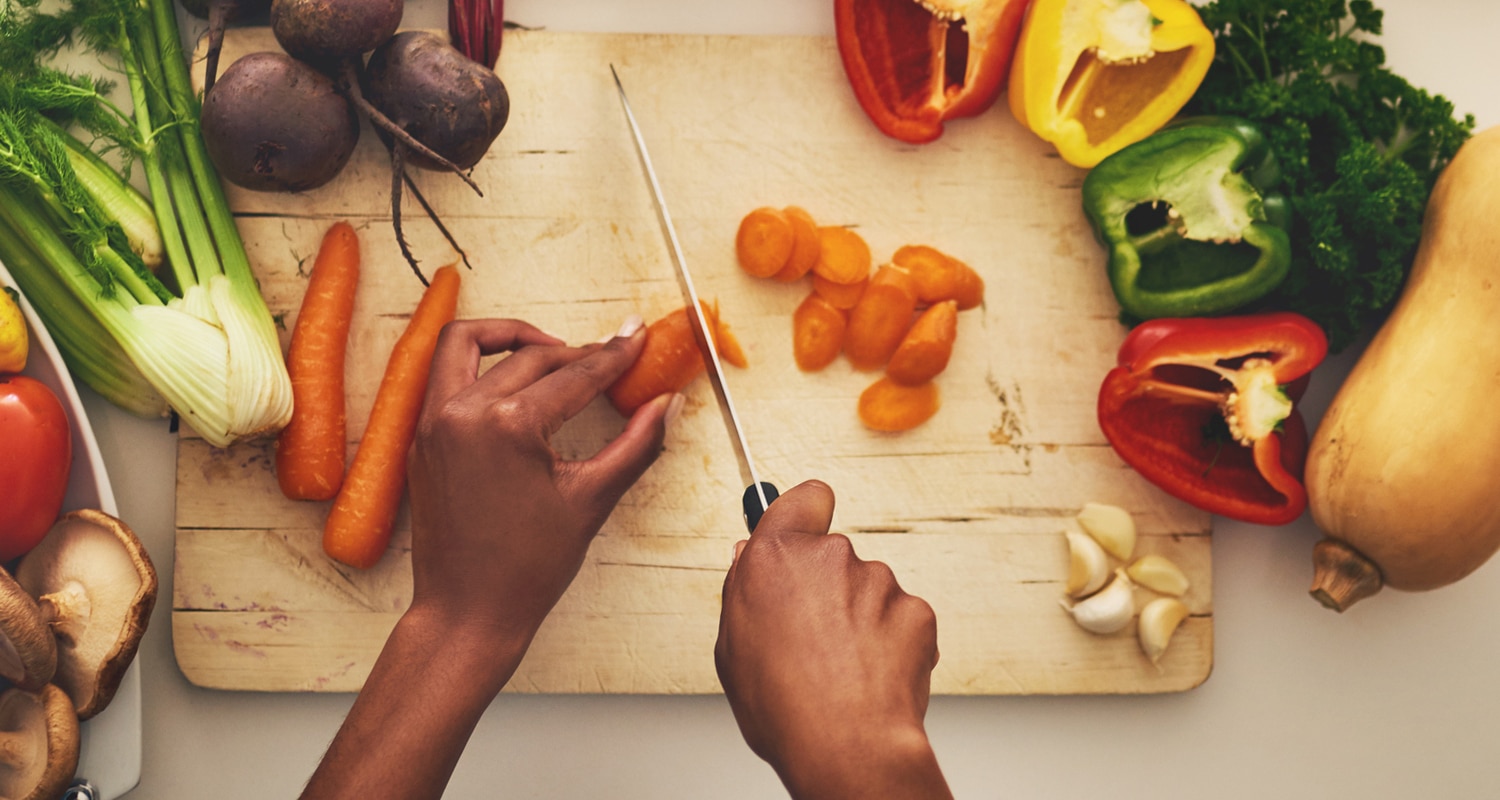
No need to use fancy cooking gadgets or techniques: Just get organized!
“Follow the first rule of the professional kitchen: mise en place,” says Tran. “It’s French, but all that means is having all your ingredients set out and ready to go for your recipe. Think about a stir fry. If you have all your veggies and meats cut, plus sauce measured and ready to pour, you can quickly add everything together in the pan and get great results without running around the kitchen if you happen to forget an ingredient.”
6. Boost recipes with quick ingredient swaps
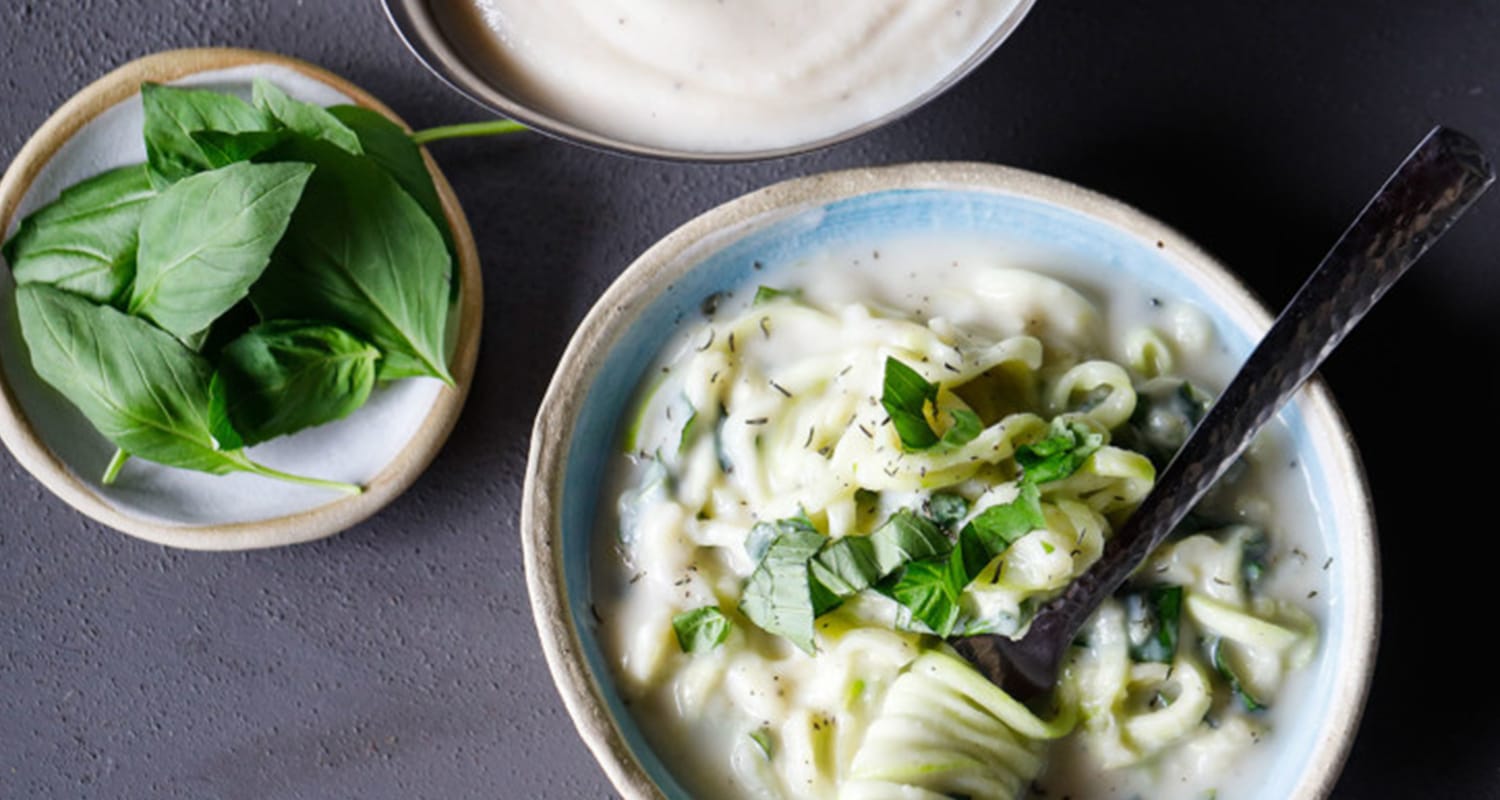
Just one trade can overhaul the nutrients in your dish. Switch pasta with zucchini noodles, trade vegetable oil for grass-fed ghee, sneak cauliflower into your alfredo sauce — or as Tran suggests, add collagen to hot recipes.
“Look for ingredient swaps that don’t really change the flavor, but greatly boost the nutrient value,” he says. “Grass-fed collagen protein is a great protein source for joints as well as skin and nail health, and you can add a scoop per serving in a crock pot soup or stew, all the while making the texture richer and silkier.”
7. For the best nutritional punch, watch your macros
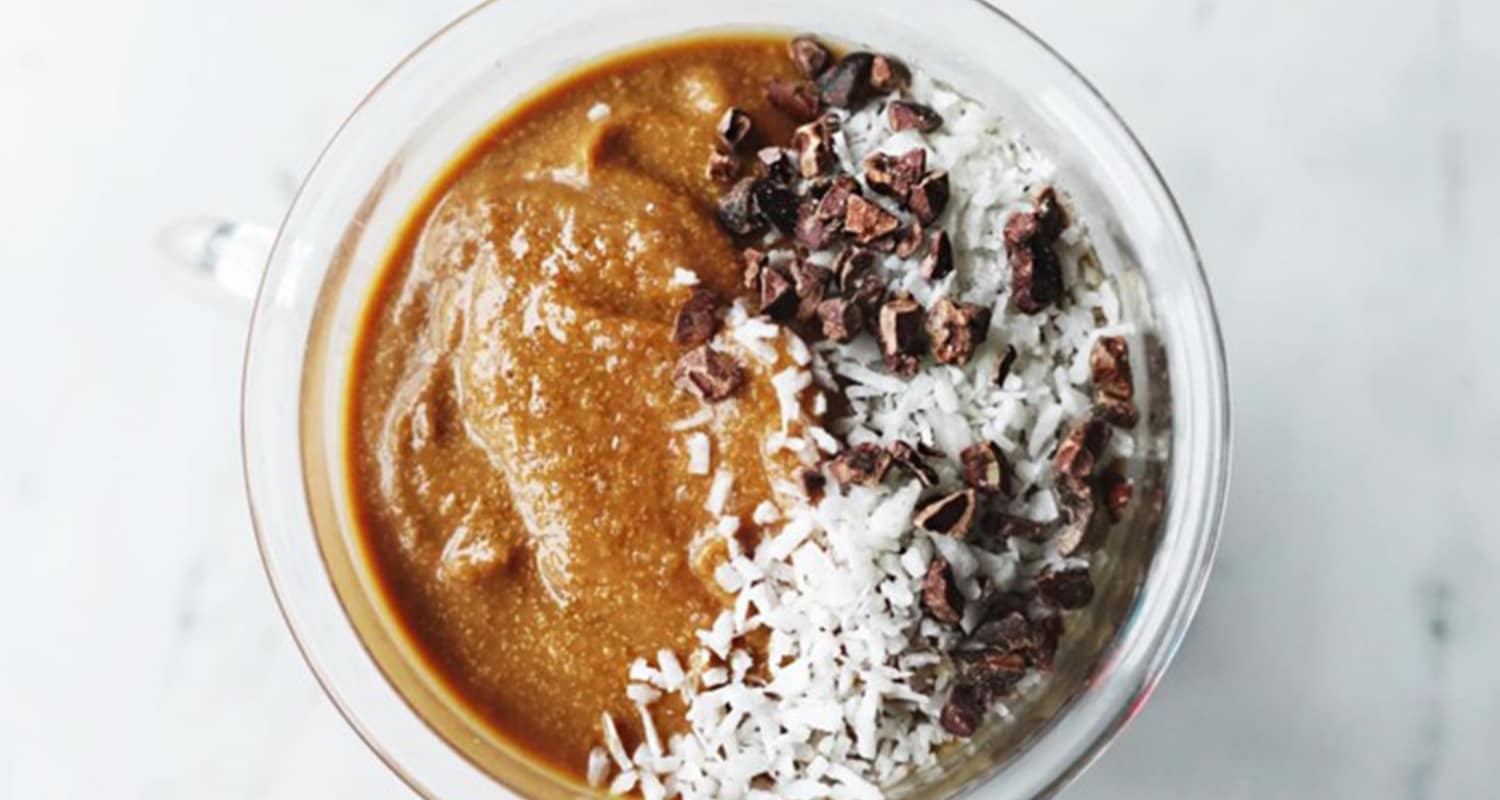
The three macros (protein, carbs and fat) make up the basic nutrition in foods and help you create energy. According to Tran, tracking macros can help even non-athletes improve their performance — especially after a hard workout.
“The most important meal is not really breakfast, but rather the post-workout meal,” he says. “Make sure you have protein after your workout to rebuild muscles, and carbs to refuel your energy stores.”
Try it yourself with this protein-packed sweet potato smoothie.
8. Don’t just change what you eat — change how you eat it
The way you cook can help reduce toxins in your food and make nutrients more accessible, all while making dishes more flavorful.
“Try roasting and seasoning vegetables or caramelizing your onions,” Tran suggests. You can add a lot of flavor that way without adding ingredients.”
9. Use nutrition to feed your health goals
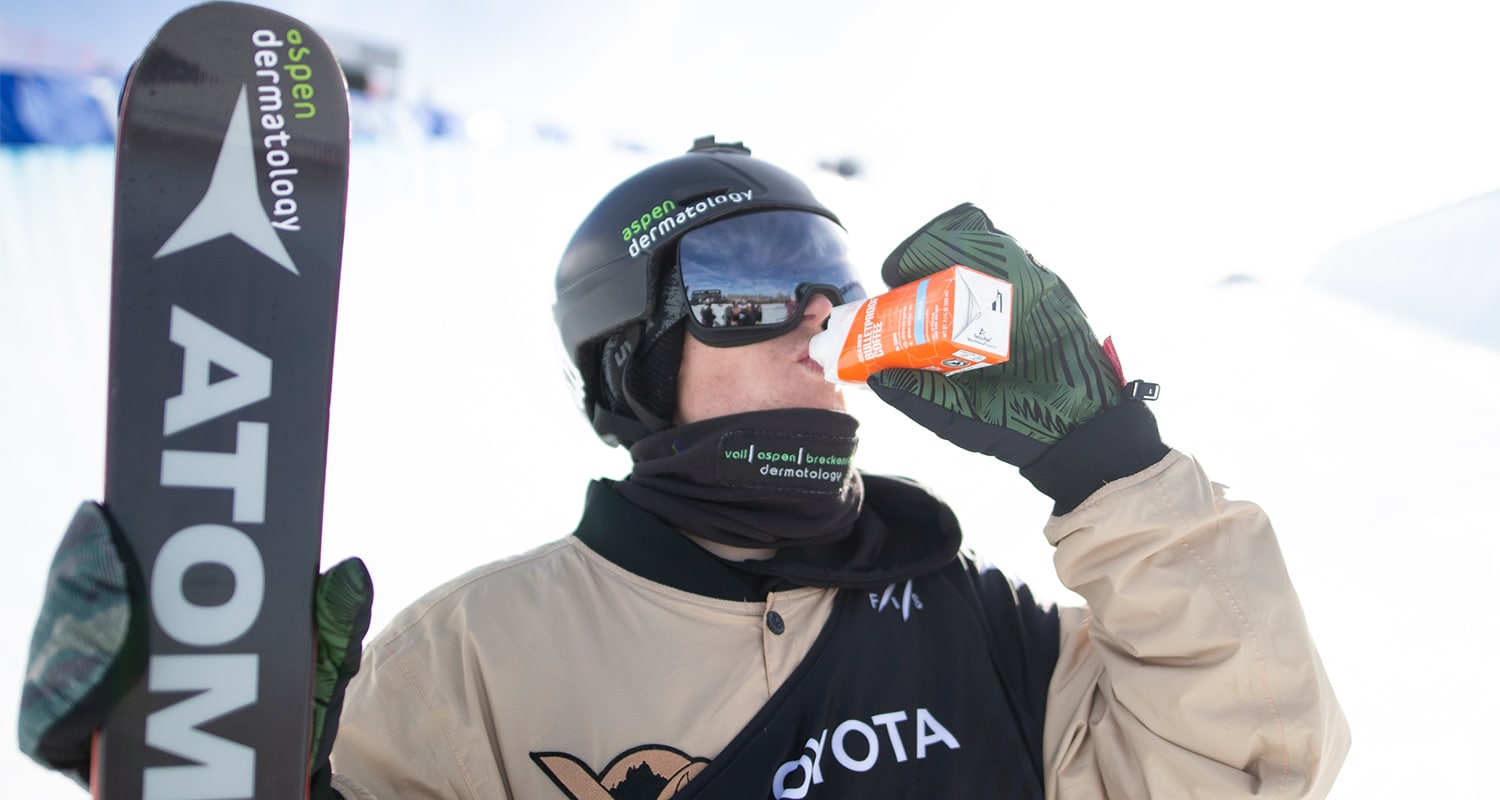
Want to use your diet to perform better? Tran suggests thinking about the end result you want to achieve.
“You need fast-burning carbs for long runs and protein to feed muscles after weight training. If you want to perform better at work, you need foods that will keep your energy consistent for hours. Bulletproof Coffee is one of the best fuel sources you can choose, since it has a combo of slow-burning fats and energizing caffeine.”
Read Next: 31 Small Steps to Upgrade Your Life and Be Bulletproof
